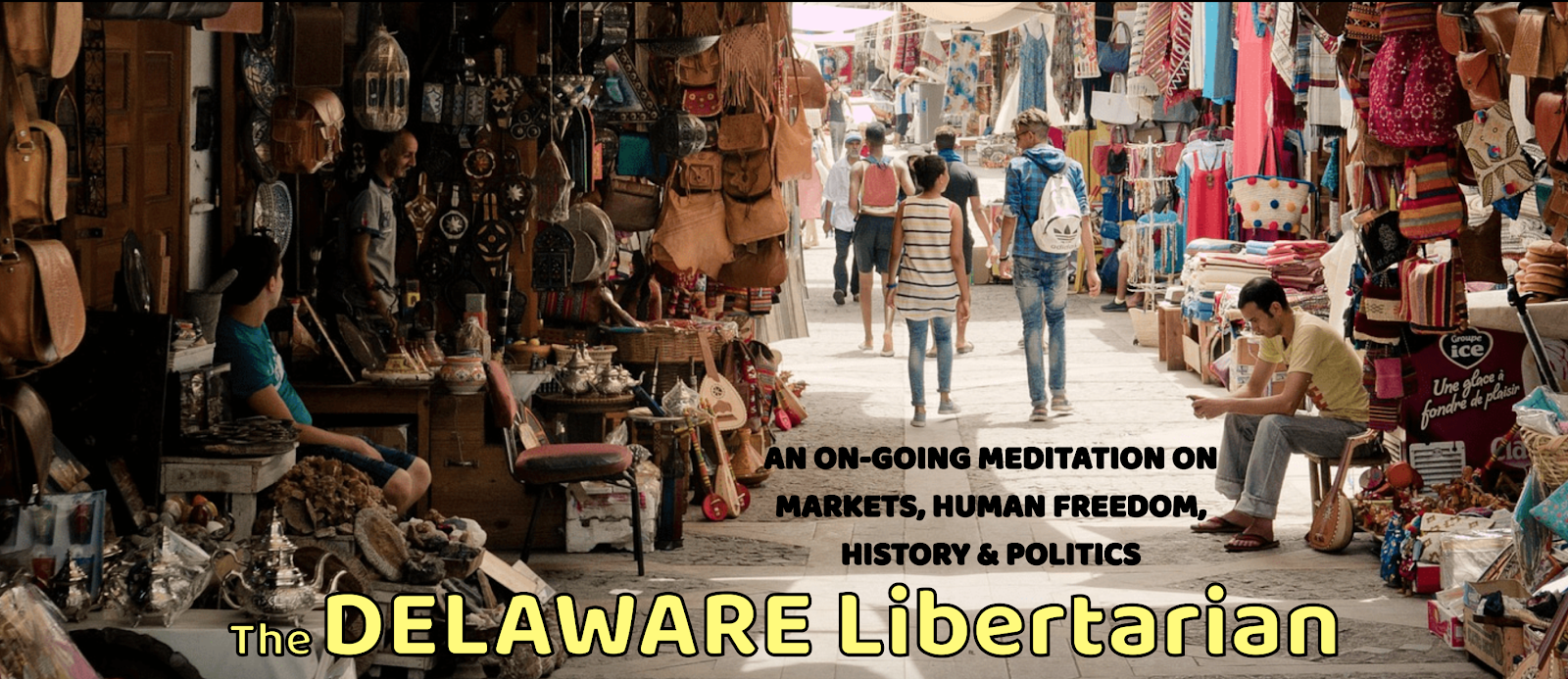. . . is because he is making substantive statements on real policy issues.
Here's his take on the recent request by university presidents that the Feds consider lowering the national drinking age to eighteen years:
There's room to debate Cole's Constitutional interpretation over collection or disbursement of transportation funds, but on Dirty Secrets #1 and #2 there is no doubt at all. Federal blackmail over speed limits, blood alcohol content, seat belt use, ID cards, and drinking age (among others less well known) is indefensible on ethical or Constitutional grounds. Moreover, as Cole correctly notes, if North Carolina is a net transportation tax donor, the Tarheel State would be far better off to keep its tax dollars at home.
If course, our Progressive brethren and cistern would argue that the Federal Government has the right to use force to impose common standards for all of these issues (and any others that strike Congress' fancy) and the right to demand that North Carolinians pay for infrastructure in Idaho or New Hampshire, because--as George Lakoff and his disciples would put it--the infrastructure is the common property of all Americans, and therefore it's your responsibility to pay for it. And pay for it, and pay for it.
The idea of transportation infrastructure as a common Federal possession is a rather late development (truly coming to fruition only with the advent of the Interstate Highway System), but it has proved to be a rare gift to Statists.
Is there an alternative? Of course there is, and it exists around the country: actually charging the drivers and vehicles who use the roads for their upkeep.
But that wouldn't generate money or power for Washington DC, now would it?
Here's his take on the recent request by university presidents that the Feds consider lowering the national drinking age to eighteen years:
Christopher Cole, Libertarian for US Senate, agrees that such a move should be a no-brainer: If 18-, 19-, and 20-year-olds are trustworthy with automatic weapons, driving tanks, or standing toe-to-toe with terrorists in Iraq, only a deranged busybody could claim that they are unable to handle a beer.
However, Cole believes that, while the academics are right about the problem, they are wrong about the solution. He points to three dirty little secrets about the Federal drinking age.
Dirty secret #1: There actually IS NO Federal drinking age. Rather, Congress put a limitation on Federal transportation funds, cutting disbursements to states that had a drinking age LOWER than 21. They understood that they had no authority to set a standard directly, so they used money as a leash on state autonomy. Which leads to
Dirty secret #2: There IS NO constitutional authority for Congress to collect or disburse funds for transportation. The Federal bureaucrats have chosen to ignore THAT limitation, because it gave them control over state and local governments. Which leads to
Dirty secret #3: North Carolina is a net DONOR to Federal transportation expenditures (recently increased to 92 cents on the dollar). That means that money is transferred from NC taxpayers to other states for THEIR transportation needs. It follows that the elimination of those funds would actually result in an INCREASE in transportation funds available to North Carolina needs.
As a lover of the Constitution, Cole advocates the abolition of the collection or disbursement of transportation funds by Congress from or within the states. He would limit the Federal Department of Transportation to those areas under proper Federal authority: the District of Columbia, US territories (such as Puerto Rico), or constitutional Federal enclaves, such as Indian reservations and military bases. (The constitution also authorizes postal roads, but that need was met long ago.)
There's room to debate Cole's Constitutional interpretation over collection or disbursement of transportation funds, but on Dirty Secrets #1 and #2 there is no doubt at all. Federal blackmail over speed limits, blood alcohol content, seat belt use, ID cards, and drinking age (among others less well known) is indefensible on ethical or Constitutional grounds. Moreover, as Cole correctly notes, if North Carolina is a net transportation tax donor, the Tarheel State would be far better off to keep its tax dollars at home.
If course, our Progressive brethren and cistern would argue that the Federal Government has the right to use force to impose common standards for all of these issues (and any others that strike Congress' fancy) and the right to demand that North Carolinians pay for infrastructure in Idaho or New Hampshire, because--as George Lakoff and his disciples would put it--the infrastructure is the common property of all Americans, and therefore it's your responsibility to pay for it. And pay for it, and pay for it.
The idea of transportation infrastructure as a common Federal possession is a rather late development (truly coming to fruition only with the advent of the Interstate Highway System), but it has proved to be a rare gift to Statists.
Is there an alternative? Of course there is, and it exists around the country: actually charging the drivers and vehicles who use the roads for their upkeep.
But that wouldn't generate money or power for Washington DC, now would it?

Comments